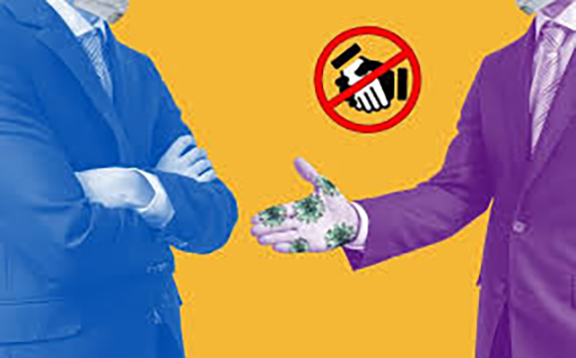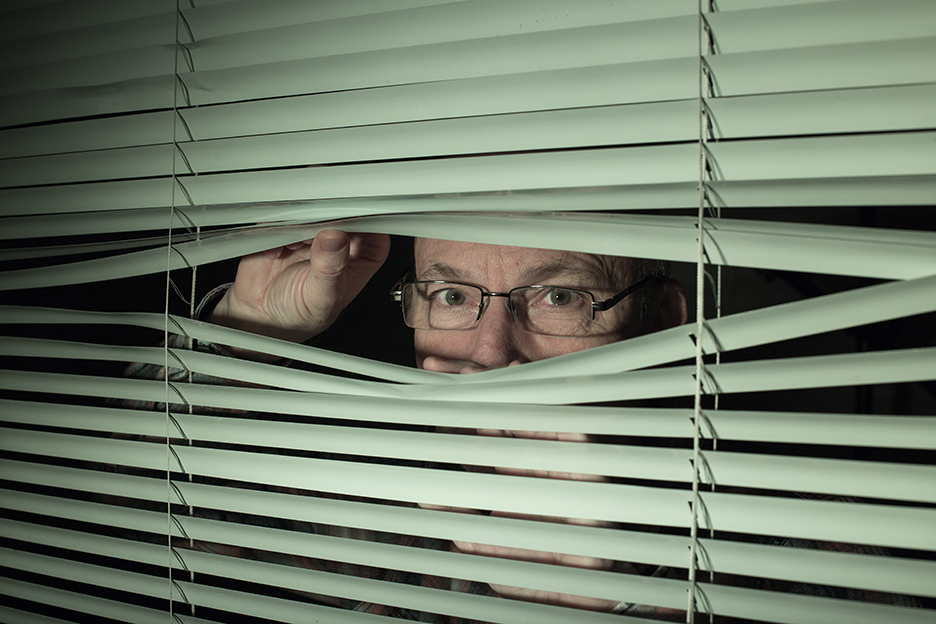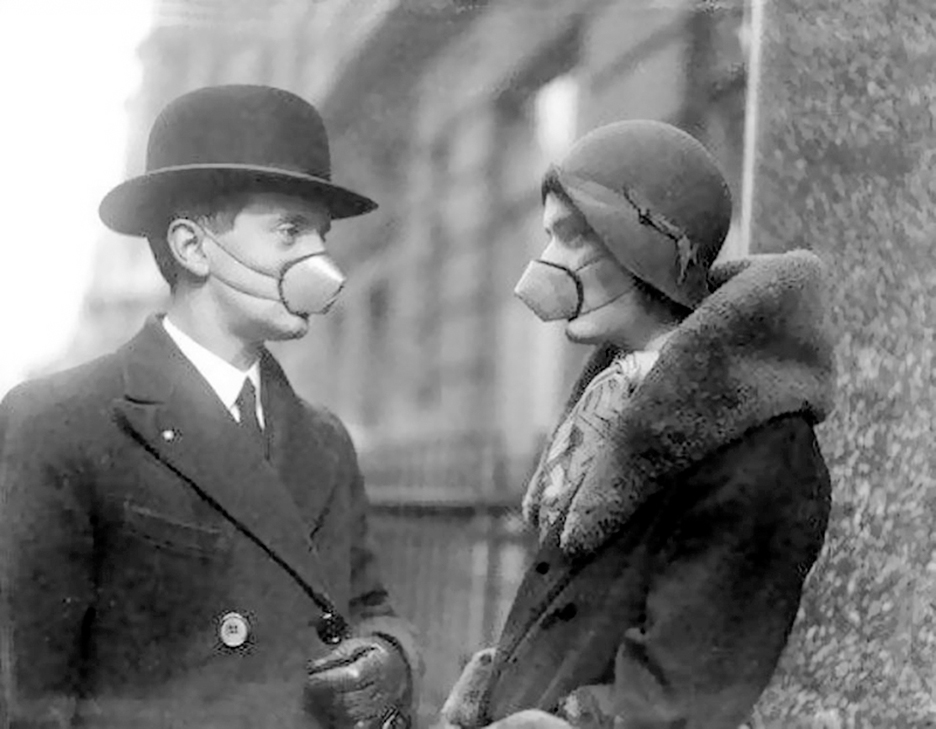New Rituals


by Brendan Smith
Weirs Times Editor
It is without doubt that once this pandemic is over, some things we were accustomed to will be changing.
One of the things being talked about is the social ritual of shaking hands.
Hand shaking has been a part of American culture for what seems like forever. Supposedly the idea of handshaking dates back to the 5th Century in Europe when the handshake was considered a symbol of peace, showing that neither person was carrying a weapon (at least not in the hand they were shaking with).
Over the centuries it has become a ubiquitous gesture that is used without even thinking. We shake hands with everyone: family, friends, business associates and even people we are just meeting for the very first time.
It has only been due to this pandemic that we have come to realize that shaking hands is really nothing more then the exchange of disgusting germs and dangerous pathogens (whatever those are).
What were we thinking all these centuries?
Of course, there are some folks out there who have been wise to this abhorrent behavior for years and refused to shake anyone’s hands. The rest of us thought they were just weird, and we’d talk about them when they weren’t around (as well as other people we know).
But now we have all come to realize that these folks were just trying to save the planet.
In a world where the word “hero” is passed around like salt at the dinner table, I think these brave folks, who risked being classified as social outcasts, deserve to be passed around as well.
Being called a “germaphobe” will now be a badge of honor instead of a point of ridicule. We will all aspire to be like them some day.
But what about the rest of us? How do we begin in this Brave New World we are about to enter? How do we change our ways? How do we adjust our greetings so as not to be a threat to humankind any longer?
I supposed we could still shake hands with certain precautions. Slipping on a pair of rubber gloves before contact could work, but they must be taken off and disposed of immediately after the greeting, followed by a vigorous dousing of hand sanitizer as the bare hand had to touch the glove when removing.
And what about those millions of now disgusting rubber gloves which will need to be disposed of? What to do with all those empty bottles of hand sanitizer?
No, there must be a better way.
Some have suggested we use the elbow bump. But there are too many problems with that. First, a six-foot two guy like me elbow bumping someone a bit shorter would be awkward. And elbow bumping an older aunt or uncle (since cheek kissing will also no longer be safe) could cause certain injuries and, perhaps, unnecessary hospitalizations.
Probably the easiest way would just be with a greeting like a simple “Hello, Good to see you.” But, of course, this will now have to be done at a distance since that will be the new norm as well, presenting unique challenges for older folks like me.
“Hello. Good to see you.”
“What?”
“I said “Hello. Good to see you.”
“What?
“I SAID “HELLO GOOD TO SEE YOU!”
“Oh. Good To See You Too.”
“WHAT?”
One benefit of keeping a bit of social distancing will be less of a need to purchase breath mints and deodorant. (Of course, the producers of these items would take a hit, but there are always casualties with change.)
One solution might be to just carry a series of pre-written large index cards in our pockets which we can show upon meeting. “Nice to Meet You”, “Great To See You again”. “How Is The Family?” and “I’ve been Meaning To Pay You Back That Fifty I Owe You” are just some of the messages we would be carrying around with us.
Of course, if the well-worn ritual of handshaking goes by the wayside, there will be some lost souls out there who will need to find ways to adapt.
How will that suave, well-dressed businessman now be able to secretly slip a twenty to the maître’d to be able to get that prime table by the window and away from the kitchen?
How about the politician? The handshake has been fundamental to their campaigns. What other device will they now use when they meet potential voters as they try to convince them that they actually care about what they are saying?
How about the close talkers who like to grab your hand and squeeze it till the bones almost break? How will they survive in this new world we are about to enter? (Personally, I’m excited about this change.)
No one knows how it will really look next year; if and how society will change its ways after this hard lesson.
We will adapt. We always do.
Decades from now people will meet and tell the stories of how the barbarians in the early part of this century almost destroyed the world with their weird social practices.
Then they will wiggle their ears at each other, jump up and down on one leg and be on their way.


